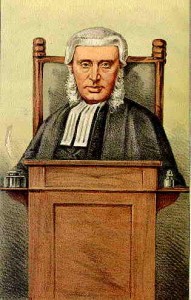New Law School Poll Results: Romney Rebounds, Governor’s Race Is Tight
Former Massachusetts Governor Mitt Romney has rebounded strongly from a month ago among people expecting to vote in Wisconsin’s Republican presidential primary April 3, according to new results for the Marquette Law School Poll. In February, Romney trailed former Sen. Rick Santorum by 16 points in Wisconsin, but he now leads Santorum by eight points, 39% to 31%, the poll found.
Romney has also narrowed the gap between himself and Democratic President Barack Obama, if the presidential election were to be held today and they were the two major candidates. But Romney continues to trail Obama in Wisconsin – by five percentage points in the new poll, compared to 15 points a month ago – and Obama is ahead of other Republican candidates by 10 points or more.
The results of the third monthly round of the Law School’s year-long polling project show the looming recall election for governor remains very close. When all poll respondents were asked their preference in possible matchups, Republican Gov. Scott Walker led Democratic Milwaukee Mayor Tom Barrett by two percentage points, while Walker led Democratic candidate Kathleen Falk by four points.
Barrett has not announced yet if he will run. If he does, the poll indicated he would have more support than Falk among people intending to vote in a Democratic primary. If he does not, Falk would have a large lead over candidates such as State Rep. Kathleen Vinehout and Secretary of State Doug La Follette. The primary election for governor is expected to be held on May 8, with a final election on June 5.
The results of the polling, which was conducted from March 22 to 25, were released Tuesday at an “On the Issues with Mike Gousha” session at the Law School featuring Professor Charles Franklin, visiting professor of law and public policy and director of the poll. The video of that session can be viewed by clicking here. The full poll results can be viewed by clicking here. And a five minute video of Franklin being interviewed by Mike Gousha, the Law School’s distinguished fellow in law and public policy, can be viewed by clicking here.

